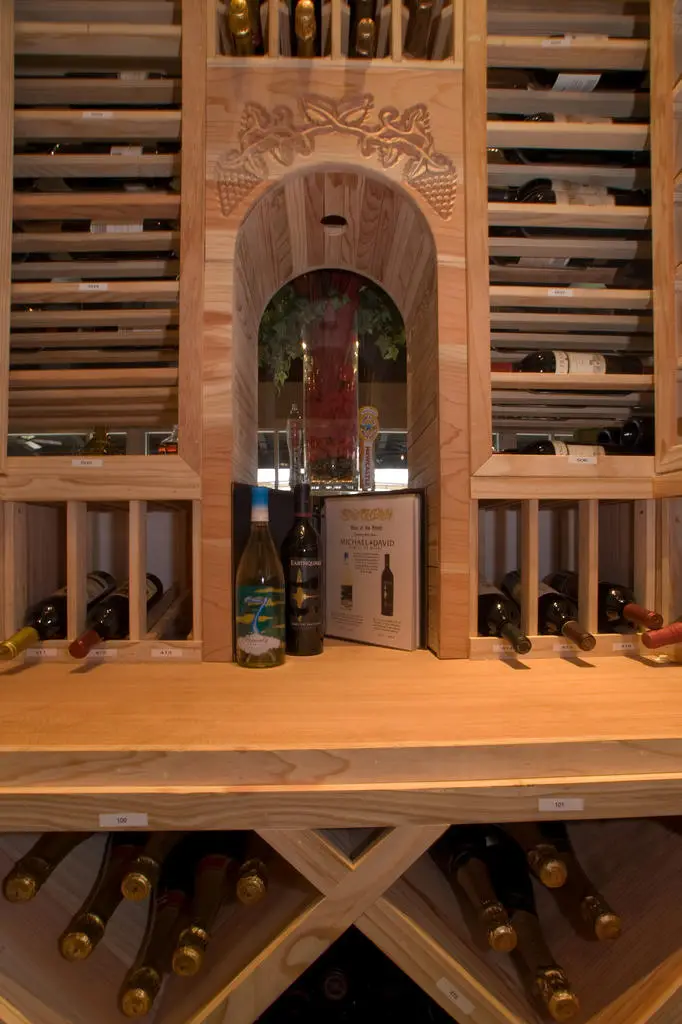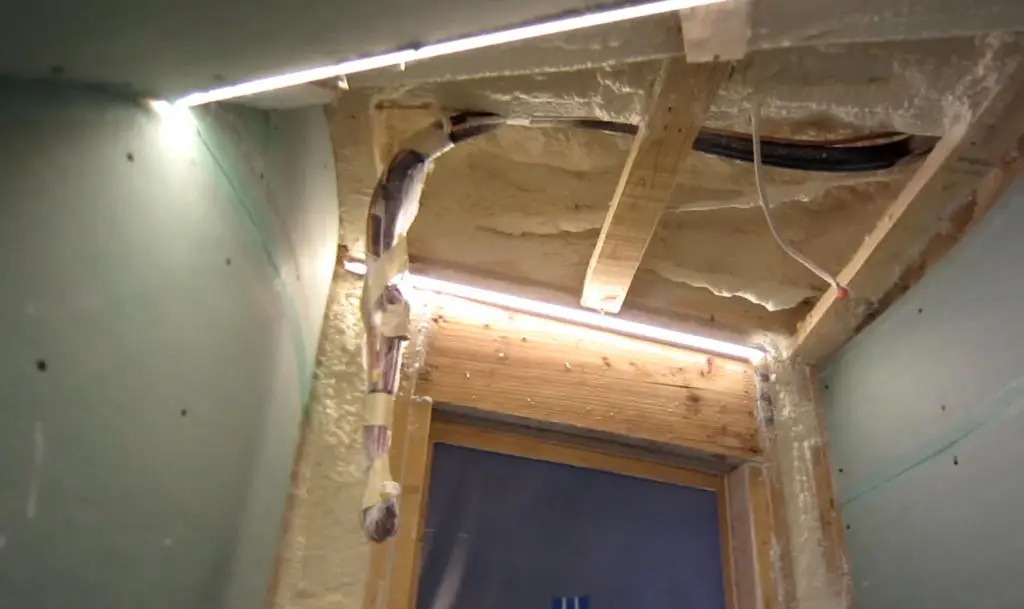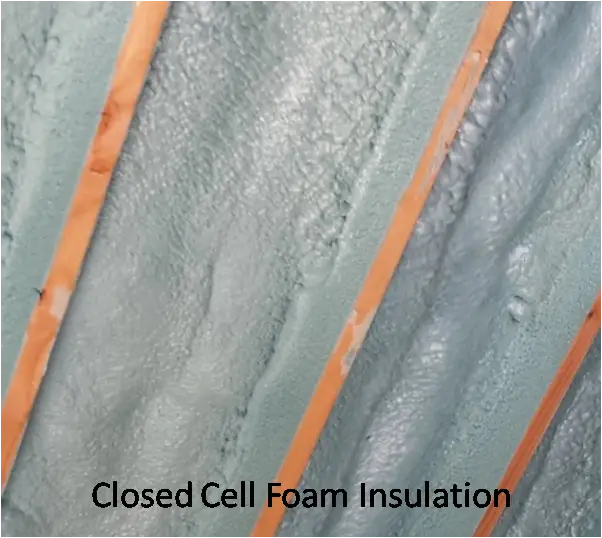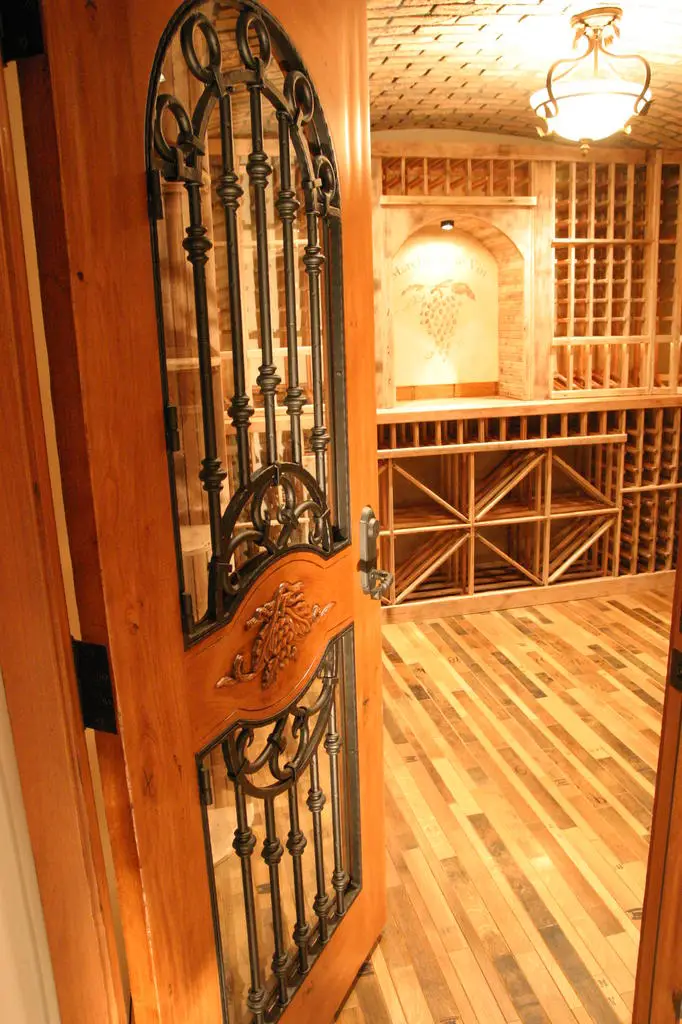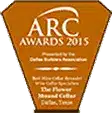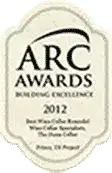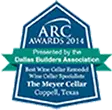Improper Insulation of Your Texas Wine Cellar Can Cause Serious Damage to Your Collection
One of the reasons wine may not age well is because it is stored in a room that has unstable conditions. The ideal storage environment can be achieved if your refrigerated wine cellar is properly insulated. Installing insulation must be completed by a professional like Wine Cellar Specialists. We care for our client’s wine, thus making sure that their residential or commercial wine cellars here in Dallas, Texas, or the other cities we serve, will be a safe place for long-term storage of your favorite vintages.
Insulating Your Wine Room Will Protect Your Collection for Years to Come
There are many factors that can affect the stability of the conditions in a cooled wine cellar. One of these is the insulation installed in the wine room.
In order for wine to preserve its complex tastes and aromas, the temperature and humidity must be kept within the correct parameters. The key to achieving this is to hire a professional wine cellar builder who can provide a proper seal to your wine room.
Understanding the Importance and Benefits of Wine Cellar Insulation
The correct vapor barrier and insulation is extremely important for wine rooms equipped with wine cooling units. In wine cellar construction, the walls, and ceiling must have the correct vapor barrier and insulation after the room’s framing, wiring and cooling rough in is complete. The door must be an exterior grade door made for a wine cellar and if the floor is above ground, and not on slab, it too must have the correct vapor barrier and insulation. If on slab, a liquid vapor barrier is usually used.
What is the role of insulation in the proper preservation of wine? Well-insulated wine cellars can help to maintain the proper temperature and humidity by allowing the cooling unit to function correctly. The better the insulation and the better sealed the room is, the better your cooling unit will work. When recommending a cooling unit for a wine cellar, we take into consideration, among other things, the amount of insulation that is being used.
Heat can damage the quality of your wine. A properly cooled wine cellar will stay between the temperatures of 55 and 60 degrees. The humidity can range anywhere from 50 to 75% and your wine should be fine. Less than 50% humidity and your corks can dry out causing air to leak into the bottles and your wine to spoil. More than 75% humidity and your labels could begin to become damaged and mold or mildew could begin to form.
5 to 5 ½” of closed cell foam or an R-30 is the ideal insulation for exterior walls, floors and ceilings of wine cellars, 3 to 3 ½” of closed cell foam or an R-19 for interior walls.
Spray Foam Insulation for Walls and Ceiling – Superior Efficiency and Great Energy Savings
At Wine Cellar Specialists, we recommend closed-cell spray foam insulation to ensure stable conditions in your wine storage facility. It is a mixture of liquid components, which expands into foam.
The perfect environment needed by wine to mature properly can be achieved with closed cell spray foam insulation. In this type of insulation, the spray foam acts as both a vapor barrier and insulator, so you won’t need any other vapor barrier.
Closed-cell Spray foam insulation is an energy-efficient option, ideal for wine collectors who want long-lasting protection for their collections. Although normally expensive, this option can ensure quality storage in your wine cellar while saving you from high-energy bills. It allows the owner to save on equipment cost since he or she can sometimes choose a smaller refrigeration unit to cool his or her cellar.
If your wine cellar is installed with the correct amount of insulation, your wine cooling unit can function normally.
With the many benefits offered by closed cell spray foam insulation, Wine Cellar Specialists recommends adding spray foam to your wine cellar to give you superior control over the conditions in the room where your wine collection rests.
Closed-Cell Foam Insulation for Maximum Efficiency
The closed-cell foam insulation has a compact cell structure. When it expands, it creates an airtight seal, preventing warm air from leaking into the home wine cellar.
It can also strengthen the structural integrity of your wine cellar and is suitable for maximizing the R-value in shallow cavities. It has a density of approximately two pounds per cubic foot. Contaminants like pollens and dusts will also be less likely to enter into a room that is insulated with closed-cell foam.
Close cell foam has a high resistance to water is due to its low moisture vapor permeability. It is less prone to damage even when left exposed.
Door and Flooring Insulation
At Wine Cellar Specialists, we also use several types of doors. Our wood doors are exterior grade with 1 3/4” thickness. They are an LVL construction which is less likely to warp due to the higher humidity of a wine cellar. They have an option of an automatic door bottom.
Our iron doors also have the automatic door bottom option. The iron tubing is also insulated, unlike may iron doors on the market.
We also have aluminum and stainless steel doors. These are exterior grade.
All of our doors are fully weather stripped and any glass is duel pane tempered.
Insulating the flooring must not be neglected in wine cellar construction if the floor is above ground. We recommend R-30 insulation in any above ground floors. Floors that are on a slab require a liquid vapor barrier on the slab before the flooring is laid.
Cooled wine rooms must not have carpet as flooring because it triggers the growth of molds.
Looking for an Expert in Wine Cellar Insulation?
We at Wine Cellar Specialists have been in the wine cellar construction industry for many years here Texas and build projects all over the country. We always ensure that our client’s wine cellar is installed with the right insulation. Contact us today at + 1 (954) 306-3180.

 Dallas
Dallas 

